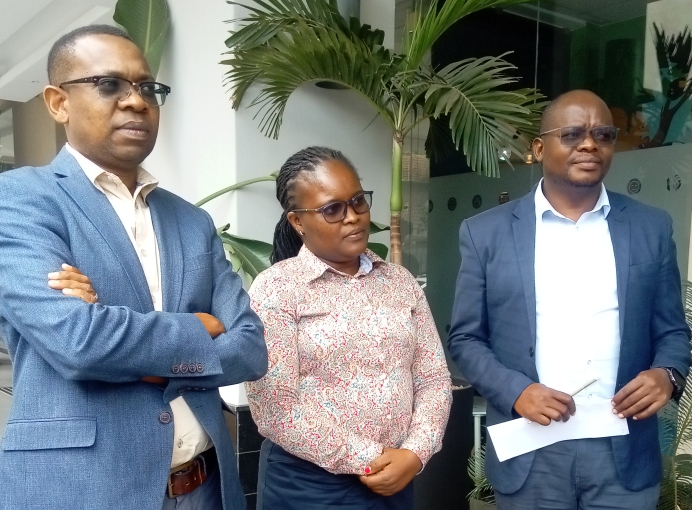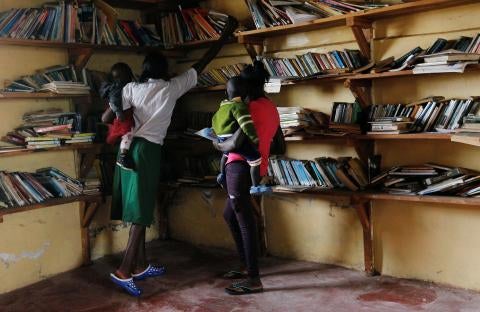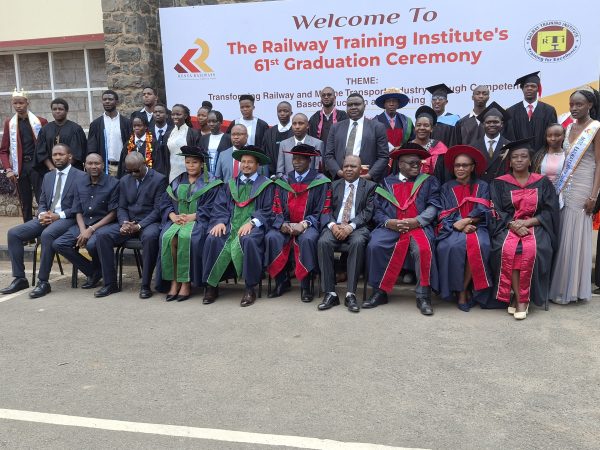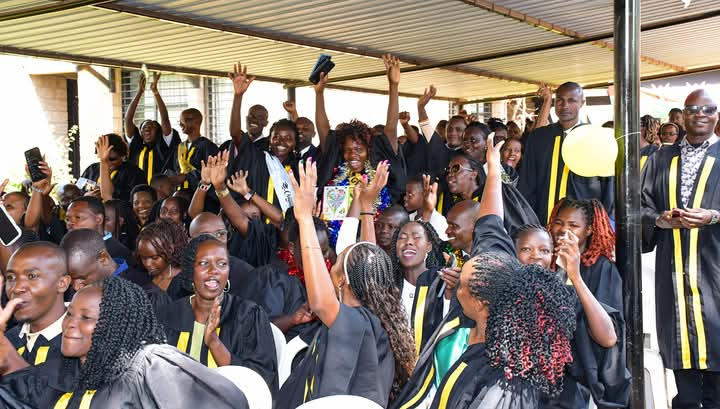By Eddah Waithaka
Zizi Afrique Foundation in collaboration with the Ministry of Education, the Directorate of Policy, Partnerships, and East African Community Affairs, and the National Gender and Equality Commission has shed light on the persistent challenges faced by adolescent mothers seeking to return to school.
The study, conducted between October and December 2024 in Samburu, Siaya, and Mombasa counties, highlights the disconnect between Kenya’s re-entry policy and the realities on the ground, as well as the impact on the wellbeing of children aged 0 to 3 years.
Despite a national policy that guarantees unconditional re-admission for adolescent mothers, barriers such as unclear directives, lack of monitoring systems, stigma, insufficient funding, and inadequate childcare services continue to hinder its implementation.
The study also reveals a glaring gap in research on the wellbeing of children born to adolescent mothers, a critical issue that the Zizi Afrique Foundation sought to address.
High Rates of Adolescent Pregnancy
The findings underscore the alarming prevalence of adolescent pregnancies in Kenya, with significant disparities across regions.
According to the study, Samburu County recorded the highest rate at 51%, followed by Siaya at 21%, and Mombasa at 17%. Many respondents described the situation as “rampant,” pointing to the urgent need for targeted interventions.
Dr. Mary Chepkemoi, Manager of the Executive Director’s Office and Gender Focal Person at Zizi Afrique Foundation, emphasized the broader implications of the issue. “Teenage pregnancy is not just a social problem; it’s a systemic one. We need to address the root causes, including cultural norms like patriarchy, and empower girls to make informed decisions about their lives,” she said during a press briefing, on Wednesday.

Barriers to School Re-Entry
The study identified several obstacles preventing adolescent mothers from returning to school. These include fear of stigma, lack of awareness about the re-entry policy among school administrators, and insufficient support systems.
Maurice Mutisya, Director of Research at Zizi Afrique Foundation, noted that while some school principals were aware of the policy, very few had access to the actual guidelines or understood their full scope.“Headteachers often act as gatekeepers, either due to lack of knowledge or personal biases,” Mutisya explained.
“Many girls fear being shamed or ostracized by their peers and teachers, which discourages them from returning to school.”
Read More On : https://africawatchnews.co.ke/keproba-and-partners-celebrate-the-graduation-of-the-first-cohort-of-the-exporters-academy/
Impact on Children’s Wellbeing
The study also explored the effects of school re-entry—or the lack thereof—on the wellbeing of children aged 0 to 3 years. Guided by the Nurturing Care Framework, which emphasizes health, nutrition, security, and early learning opportunities, the research revealed that children of adolescent mothers often face significant disadvantages.
“The first 1,000 days of a child’s life are critical for brain development,” Mutisya said. “Yet, many adolescent mothers struggle to provide adequate care due to financial constraints, lack of parental involvement, and limited access to childcare services.”
Absent Fathers and Caregiving Gaps
The study highlighted the absence of fathers in caregiving roles, a recurring issue in many households. While the research did not focus extensively on fathers, it noted that most adolescent mothers are single parents, with little to no support from the fathers of their children.
Grandfathers and other male relatives were also largely absent from caregiving responsibilities, further exacerbating the challenges faced by young mothers.
Further, Dr. Chepkemoi stressed the need for a systemic approach to tackle the issue. “We cannot afford to wait for girls to become pregnant before we act. We must address the root causes of teenage pregnancy and create an environment where girls can thrive,” she said.
Zizi Afrique Foundation is already working with government agencies, including the National Gender and Equality Commission, to prioritize research and interventions that address teenage pregnancy and its ripple effects.
“This is not just about education; it’s about breaking the cycle of gendered poverty and ensuring every child has a fair chance at life,” Mutisya added.
Read More Stories At: https://africawatchnews.co.ke/







